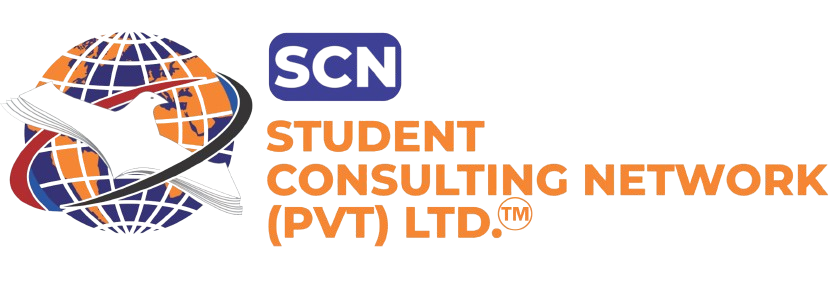
What is the Difference between TEFL and TESOL?
Technically, there is little or no difference between “TEFL” and “TESOL.” They are both acronyms that mean: teaching the English language to non-native speakers. Likewise, in the vast majority of cases, when you encounter references to ESL teaching certificates for teaching English abroad, a “TEFL certification” and a “TESOL certification” are the same, and the terms are interchangeable.
In the United States, “TESOL” typically refers to teaching English to non-native speakers in public schools in the U.S. “TEFL” is used most often to reference jobs and certifications related to teaching English overseas in countries where English is not spoken as a native language.
If you want to earn a Bachelor’s or Master’s degree for teaching English as a second language in your local public school system, that degree will likely be in TESOL. Or, you can earn a degree in education and take coursework in TESOL to earn a certification or endorsement that will qualify you to teach ESL and work with ESL students in public school settings.
It is also common for British, Canadian, and Australian training centers to issue a certificate in TESOL as that is also used for domestic teaching in private language schools and regulated by their governments.
TEFL vs. TESOL: Which is Better?
“TEFL” & “TESOL” are two acronyms that essentially mean the same thing: teaching English to non-native speakers. What really matters is not which acronym is on your certification or degree, but whether you take a quality course that meets international standards and will provide you with the skills and qualifications you need to get hired.
Again, TEFL is more commonly used when referring to teaching English abroad in a foreign country, whereas TESOL is commonly used when referring to teaching English to non-native speakers in a primarily English-speaking country. That said, thousands of teachers use TESOL certifications or TESOL degrees to get great jobs teaching English abroad.
